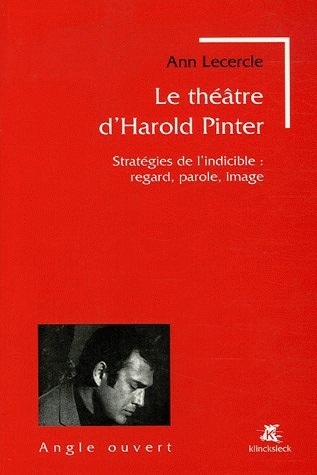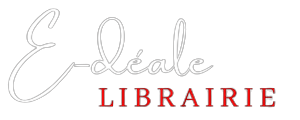Harold Pinter (recipient of the 2005 Nobel Prize in Literature) is, without a doubt, the English playwright who has most influenced the post-war British theatre.
His approach to dramatic art — all in nuances and innuendos — involves a discursive stage strategy based on evasion and diversion, if not deviance. Behind this strategy, one can discern, in the background, the deconsecrated Name of God : unpronounceable, as in Jewish tradition.
In France, where people have a tendency to associate him (wrongfully so) with Beckett, his dramatic art form does not adapt well to the stage, where it bears too close a ressemblance to vaudeville. The main reason for this misrepresentation has to do with the important role of innuendo in his plays. Unlike Beckett's theatre, Pinter's plays and scripts are deeply rooted in English society, with all of its rites, taboos, and things better left unsaid. If they are finding it hard to cross the Channel, it is because these are, for the most part, encrypted texts.
In exploring the overlapping between the various forms of Pinter's writing (lyrical, narrative, dramatic, cinematographic), this work proposes an analysis of his dramatic art and provides a radically new explanation for it.
Ann Lecercle, an expert on Shakespeare and Pinter, is a professor of British Literature at Université de Paris X-Nanterre.




